detail profile kidlat tahimik
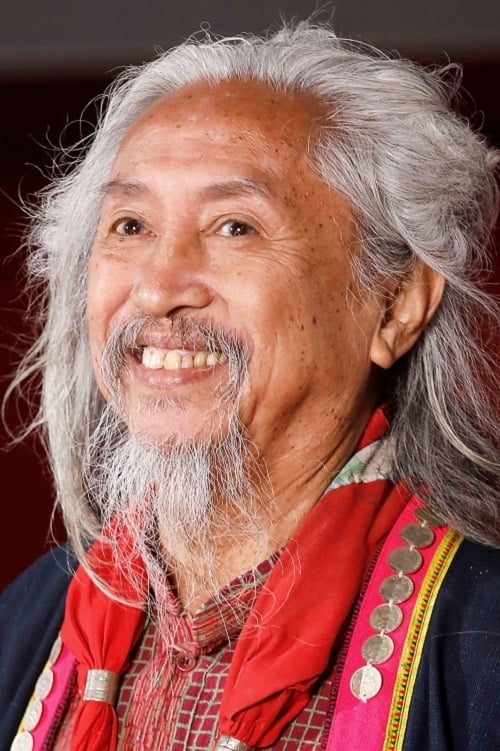
Riwayat Hidup
Eric de Guia (born October 3, 1942 in Baguio City, Philippines), better known as Kidlat Tahimik (a Tagalog translation of "silent lightning"), is a film director, writer and actor whose films are commonly associated with the Third Cinemamovement through their critiques of neocolonialism.
One of the most prominent names in the Filipino film industry, he has garnered various accolades locally and internationally, including a Plaridel honorarium for Independent Cinema.
He is dubbed by fellow filmmakers and critics as the "Father of Philippine Independent Cinema".
Info Pribadi
Peran Yang Di Mainkan Kidlat Tahimik
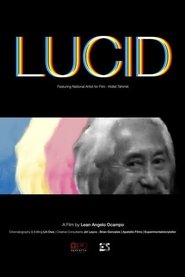 A national artist delivers a powerful...
A national artist delivers a powerful...Lucid 2023
A national artist delivers a powerful message urging us to embrace and celebrate our cultural heritage, highlighting its richness and greatness, and encouraging us to avoid being mere imitators of modern society.
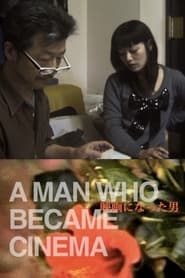 Masato Hara made his directorial debut...
Masato Hara made his directorial debut...A Man Who Became Cinema 2018
Masato Hara made his directorial debut in high school in 1968 and achieved a reputation as a young prodigy. Many years later, he continues to make films and show his old experimental 'live-screening' films, but is saddled with massive debts. This film follows eight years in his life.
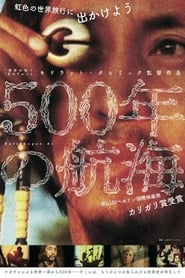 As the ultimate enfant terrible of...
As the ultimate enfant terrible of...BalikBayan #1: Memories of Overdevelopment Redux VI 2017
As the ultimate enfant terrible of Philippine cinema, avant-gardist Kidlat Tahimik refuses to settle on anything, whether it’s the telling of a colonial past, or any version of this film, which he’s been making and revising for nearly four decades. BalikBayan, which means “returnee” in Filipino, is partly about the homecoming of the historical figure Enrique of Malacca, a Malay who Tahimik first played and brought to the screen in 1979. As the slave of the 16th-century Portuguese explorer Ferdinand Magellan he circumnavigated the Earth, before returning home as a free man. Old footage of Enrique, played by the young Tahimik, is mixed with the fictional story of a mysterious old man, played by the present-day Tahimik, and documentary footage of a contemporary artist community in Baguio, in northern Philippines. In this version, Redux VI, Tahimik continues his quest to reconsider the Philippines’ colonial legacy. Shot on 16mm (1979–1980s) and video (1990s–2017).
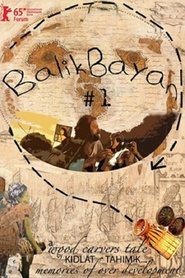 Magellan the famous navigator met his...
Magellan the famous navigator met his...Balikbayan #1: Memories of Overdevelopment Redux III 2015
Magellan, the famous navigator, met his untimely death in the Philippines before he could circumnavigate the globe. Ironically, it was his slave and translator Enrique who most likely was the first to achieve the historic feat.
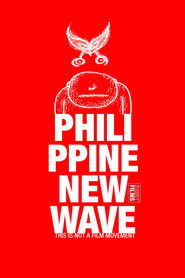 Documentary profiling the directors involved in...
Documentary profiling the directors involved in...Philippine New Wave: This Is Not a Film Movement 2010
Documentary profiling the directors involved in the loose Philippine New Wave filmmaking movement.
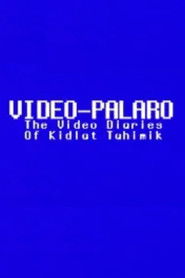 Produced over 15 years for the JVCsponsored...
Produced over 15 years for the JVCsponsored...Video-Palaro: The Video Diaries of Kidlat Tahimik 2006
Produced over 15 years for the JVC-sponsored Tokyo Video Festival, Tahimik’s Video Diaries offers a lovely set of accents to his longer 16mm films. Tropes and themes that recur throughout the director’s career are set in gemlike relief in these brief yet eloquent videos, which include a loving reminiscence of fatherhood on the occasion of Tahimik’s 50th birthday; a tree-planting ritual to celebrate the impending 500th anniversary of Magellan’s voyage; a short documentary on the dying practice of rice terraces, filtered through a homage to Kurosawa; a tribute to the importance of roofs and the strength of bamboo as a building material; and a healing ritual for an oil spill off the island of Guimaras.
 Documentary about an oil spill near...
Documentary about an oil spill near...Our Film-Grimage to Guimaras 2005
Documentary about an oil spill near the Philippines
 The film illustrates the philosophy of...
The film illustrates the philosophy of...Holy Wood 2003
The film illustrates the philosophy of “giving back” to nature, and documents the pinugo, the unique system of sustainable land cultivation developed by the Ifugao to take equal account of forest management and rice growing.This diary film also turns into a travelogue when a group of woodcarvers embark on a trip to Japan to the Takedera temple where they transform a 250-year-old tree, which had been struck by a lightning bolt, into a totem pole.
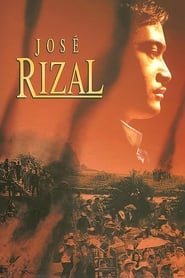 Accused of treason Dr Jose P...
Accused of treason Dr Jose P...José Rizal 1998
Accused of treason, Dr. Jose P. Rizal awaits trial and meets with his colonial government-appointed counsel, Luis Taviel de Andrade. The two build the case and arguments for the defense as significant events in the central figure's life prior to his incarceration unfold. Upon hearing Rizal's life story, Taviel begins to realize that the accused not just is innocent but exhibits in fact all the qualities of an extraordinary man. When the mock trial unreels, Taviel is all set to act as the prime advocate for his client as Rizal himself is about to give an earth-moving speech to defend his honor and address his countrymen. Meanwhile, the Spanish authorities have worked out the vast political machinery to ensure a guilty verdict. A revolution waits in the wings.
 Kidlat Tahimik a director and performer...
Kidlat Tahimik a director and performer...Japanese Summers of a Filipino Fundoshi 1996
Kidlat Tahimik, a director and performer, sought to recreate relations between the body and filmed image seen through "Asian eyes." This groundbreaking project took the form of a documentary which Mr. Tahimik directed and in which he performed himself in order to show his own thinking about the different views of the body held by the "East" and the "West."
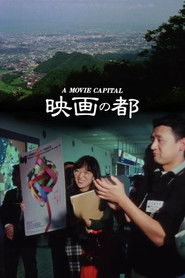 This film is a record of...
This film is a record of...A Movie Capital 1991
This film is a record of the first Yamagata International Documentary Film Festival. It reflects the various ways the festival was given shape by nascent global changes embodied by Perestroika, the Tiananmen Square massacre, and many other contemporaneous events.
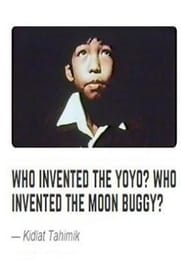 Stuck in the German lands of...
Stuck in the German lands of...Who Invented the Yoyo? Who Invented the Moon Buggy? 1979
Stuck in the German lands of “Yodelburg,” our hero Kidlat dreams of space and muses on humanity’s endless capacity for creativity, whether on the moon or at home in the Philippines. A delightful, self-proclaimed “third-world space spectacle.”
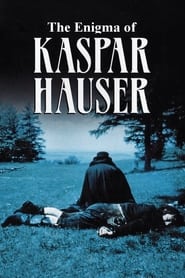 The film follows Kaspar Hauser Bruno...
The film follows Kaspar Hauser Bruno...The Enigma of Kaspar Hauser 1974
The film follows Kaspar Hauser (Bruno S.), who lived the first seventeen years of his life chained in a tiny cellar with only a toy horse to occupy his time, devoid of all human contact except for a man who wears a black overcoat and top hat who feeds him.
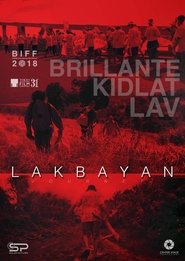 This is a Filipino omnibus film...
This is a Filipino omnibus film...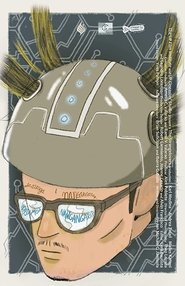 A machine capable of recording ideas...
A machine capable of recording ideas...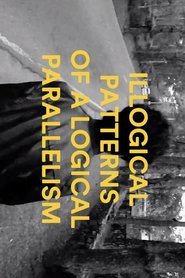 A silent film by Jet Leyco
A silent film by Jet Leyco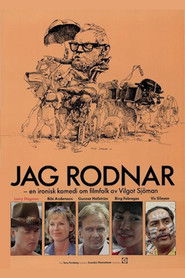 I am blushing Swedish comedy about...
I am blushing Swedish comedy about... Kadu a boy from Pakil Laguna...
Kadu a boy from Pakil Laguna... Documentary about the working poor in...
Documentary about the working poor in... Kidlat a Filipino jeepney driver is...
Kidlat a Filipino jeepney driver is...